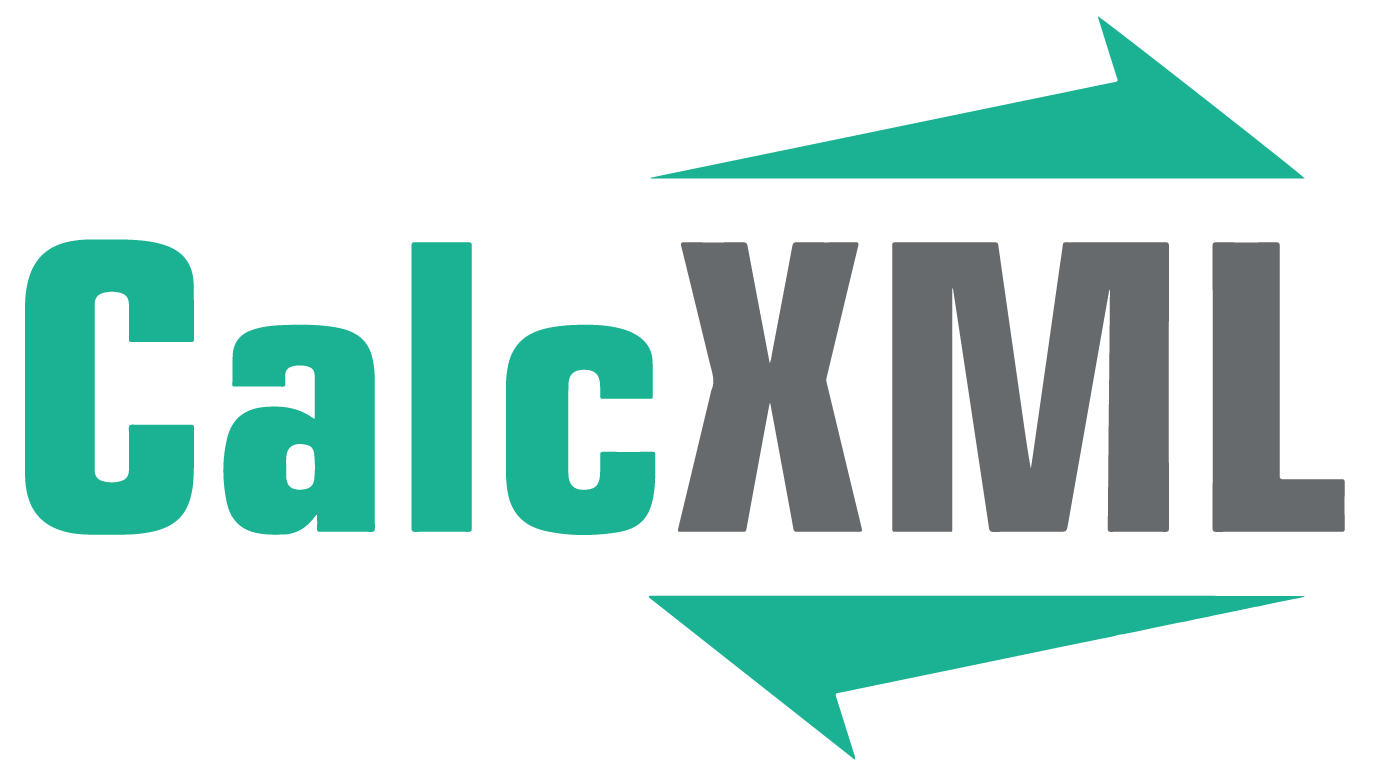Find Out If Refinancing Saves You Money With Our Refinance Calculators!
Should I refinance my mortgage?
Depending on when you bought your home, your mortgage interest rate may be higher than what's available today. This means you may be paying more than you need to every month! Refinancing gives homeowners the opportunity to update their mortgage terms and take advantage of lower rates. Whether through market changes or changes in your credit score, you could qualify for a lower rate and end up saving a significant amount of money on mortgage payments over time. Use our refinance calculator to analyze your situation today!
In addition to a monthly payment breakeven, you may want to analyze the breakeven based strictly on the monthly interest savings realized through refinancing.
Definitions
- Current loan balanceThe amount you currently owe on your existing mortgage.
- Annual interest rateThe interest rate on your existing mortgage.
- Number of months remainingThe number of months remaining on your existing mortgage.
- Annual interest rate on new mortgageThe interest rate you can get on your refinanced mortgage. This should be lower than the interest rate on your existing mortgage.
- Number of months The number months you will be paying on your refinanced mortgage loan. 30 years = 360 months, 20 years = 240 months, 15 years = 180 months.
- Loan origination feeThis is a fee charged by the lender to evaluate, prepare and submit your loan. It typically ranges for 0.5% to 2%.
- Other fees/discount pointsLenders charge various other related fees. Enter any other fees or discount points as a percentage in this field.
- Other fees Lenders charge various other related fees. Enter any other fees as a monetary amount in this field.
This information may help you analyze your financial needs. It is based on information and assumptions provided by you regarding your goals, expectations and financial situation. The calculations do not infer that the company assumes any fiduciary duties. The calculations provided should not be construed as financial, legal or tax advice. In addition, such information should not be relied upon as the only source of information. This information is supplied from sources we believe to be reliable but we cannot guarantee its accuracy. Hypothetical illustrations may provide historical or current performance information. Past performance does not guarantee nor indicate future results.






